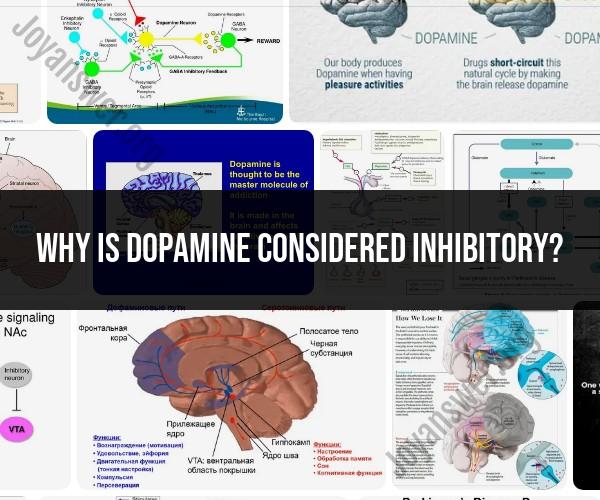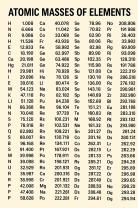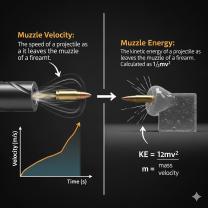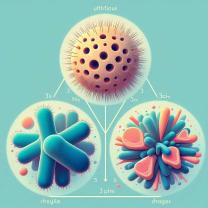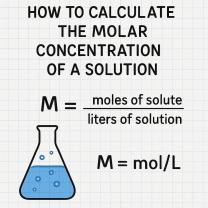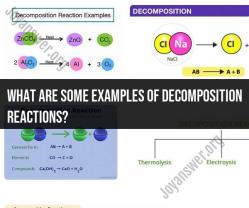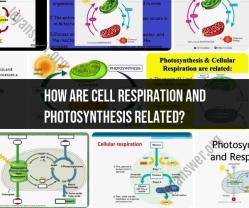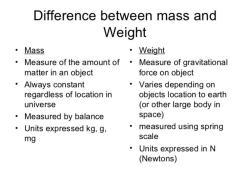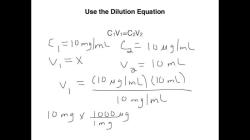Why is dopamine considered inhibitory?
Dopamine is not typically considered inhibitory in its primary function. Instead, dopamine is often associated with excitatory or modulatory effects on neural activity. However, there is an aspect of dopamine's function that can have inhibitory-like effects in specific contexts. Here's a more detailed explanation:
Excitatory Function of Dopamine:
- Dopamine is primarily recognized for its excitatory function in the brain. It acts as a neurotransmitter that facilitates the transmission of signals between neurons. When dopamine is released into synapses (the gaps between neurons), it can bind to receptors on the receiving neuron, leading to the activation of that neuron and the continuation of the neural signal.
Reward and Pleasure: Dopamine's excitatory function is particularly prominent in the brain's reward system. It is released in response to rewarding experiences, such as food, sex, or positive social interactions. This release of dopamine reinforces behaviors associated with pleasure and reward, encouraging individuals to repeat those behaviors.
Motivation and Learning: Dopamine also plays a crucial role in motivation and learning. It encourages individuals to take actions to achieve goals and helps in forming associations between actions and rewards. This excitatory aspect of dopamine is vital for adaptive behaviors.
Motor Function: In motor control, dopamine is essential for facilitating movement. A deficiency in dopamine, as seen in Parkinson's disease, results in motor impairments, such as tremors and rigidity.
Now, the idea that dopamine can have inhibitory-like effects relates to its role in balancing neural activity and preventing overexcitation in certain circuits. This is sometimes referred to as "inhibitory control" or "braking" rather than traditional inhibitory neurotransmission. Here's how it works:
Inhibitory Control: Dopamine, when acting as a neuromodulator, can exert a modulatory or regulatory influence on neural circuits. It can help maintain the balance between excitatory and inhibitory signals in these circuits.
Preventing Overexcitation: In some cases, particularly in the prefrontal cortex, dopamine can help prevent overexcitation by modulating the activity of other neurotransmitters like glutamate. In this sense, dopamine indirectly contributes to inhibitory-like effects by regulating the strength of excitatory signals.
Cognitive Function: Dopamine's role in the prefrontal cortex is crucial for higher cognitive functions, including working memory, attention, and executive control. Dysfunction in dopamine regulation in this area can lead to conditions like attention deficit hyperactivity disorder (ADHD), where inhibitory control and sustained attention are impaired.
In summary, dopamine is primarily excitatory and is essential for motivation, reward, and motor control. However, in certain contexts and brain regions, it can have inhibitory-like effects by modulating the strength of excitatory signals and contributing to the regulation of neural circuits. This aspect of dopamine's function is crucial for maintaining a balanced and adaptive response to various stimuli and tasks.
